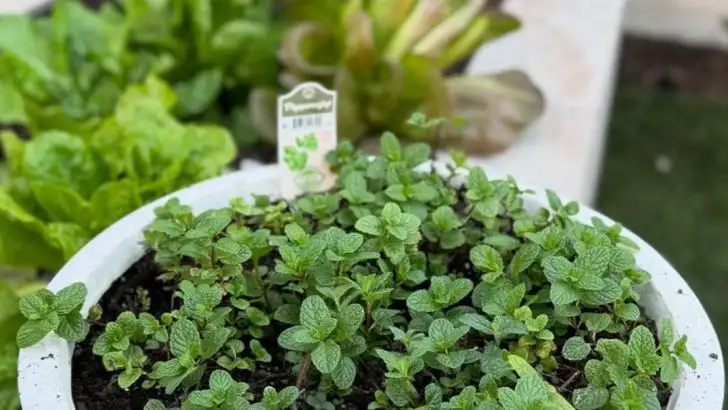Tired of finding your garden trampled, dug up, or nibbled by uninvited guests? Certain plants can help keep cats, dogs, and deer at bay—no fences, sprays, or gadgets required. These natural deterrents use strong scents or textures animals find unpleasant, making your garden less appealing without harming wildlife.
From fragrant herbs like rosemary and lavender to textured plants like lamb’s ear and barberry, these choices look beautiful while sending a clear “keep out” signal to curious paws and hooves.
In this article, we’ll explore the top plants that naturally repel common garden intruders, so you can enjoy a more peaceful, pet-proof and deer-resistant landscape—the green way
Lavender
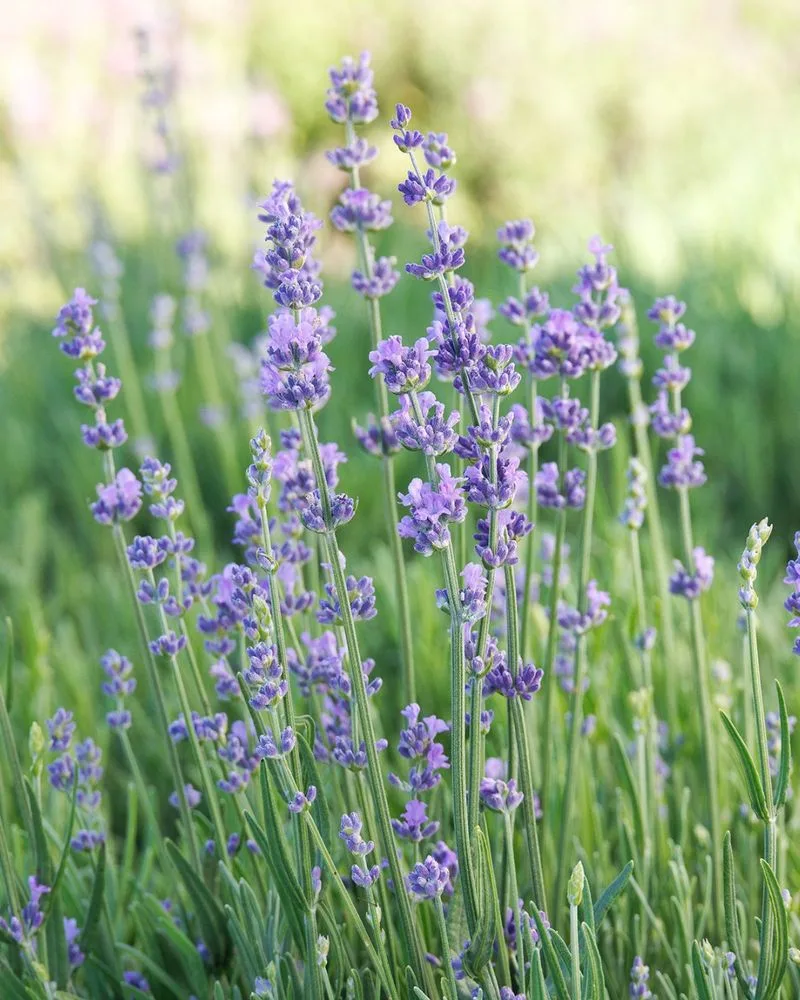
Imagine a field covered with the calming aroma of lavender, which not only soothes the senses but also deters furry intruders. Its strong scent is unpleasant to the sensitive noses of cats, dogs, and deer. Lavender thrives in sunny spots with good drainage, making it a great choice for borders and pathways. Its purple blooms add color, while its evergreen foliage remains attractive all year round. Historically, lavender has been used for its aromatic properties, but its natural repellent qualities make it a gardener’s ally in keeping peace in the garden.
Rosemary
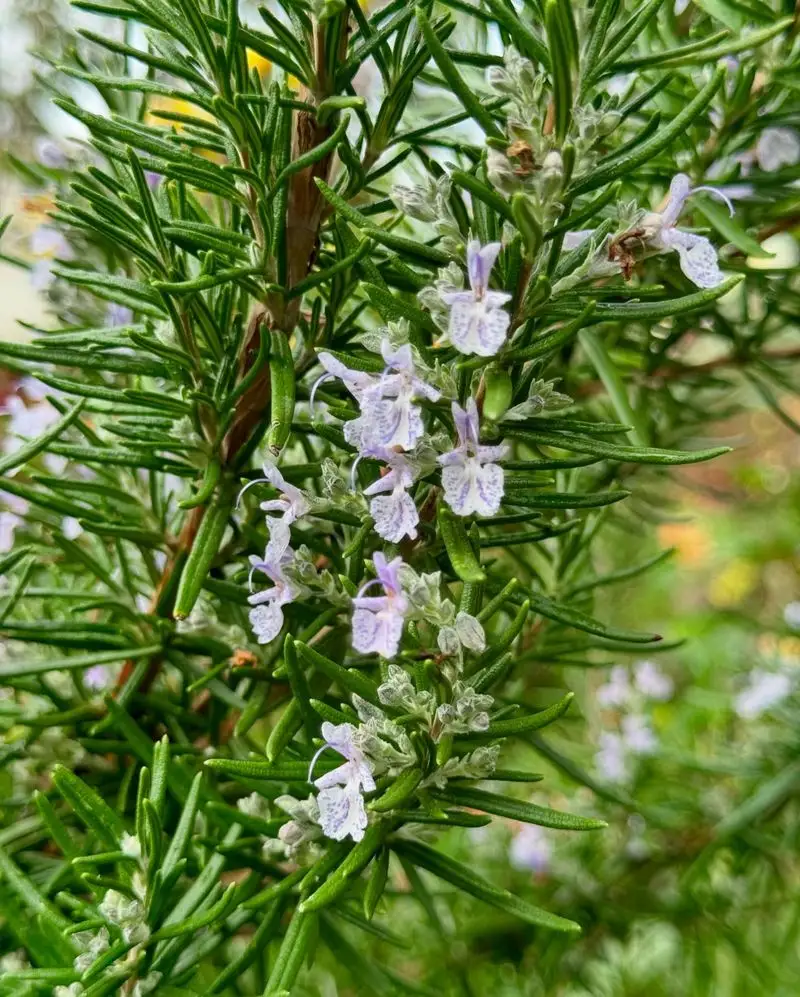
With its robust, pine-like scent, rosemary serves as more than just a culinary delight. This hardy herb is disliked by deer, cats, and dogs, who find its aroma overwhelming. Rosemary is versatile, growing well in pots or garden beds, and prefers a spot where it can soak up plenty of sunshine. This plant not only acts as a natural deterrent but also provides fresh sprigs for the kitchen. In ancient times, rosemary symbolized remembrance, and today it remains unforgettable for those looking to cultivate a pest-free garden.
Marigold
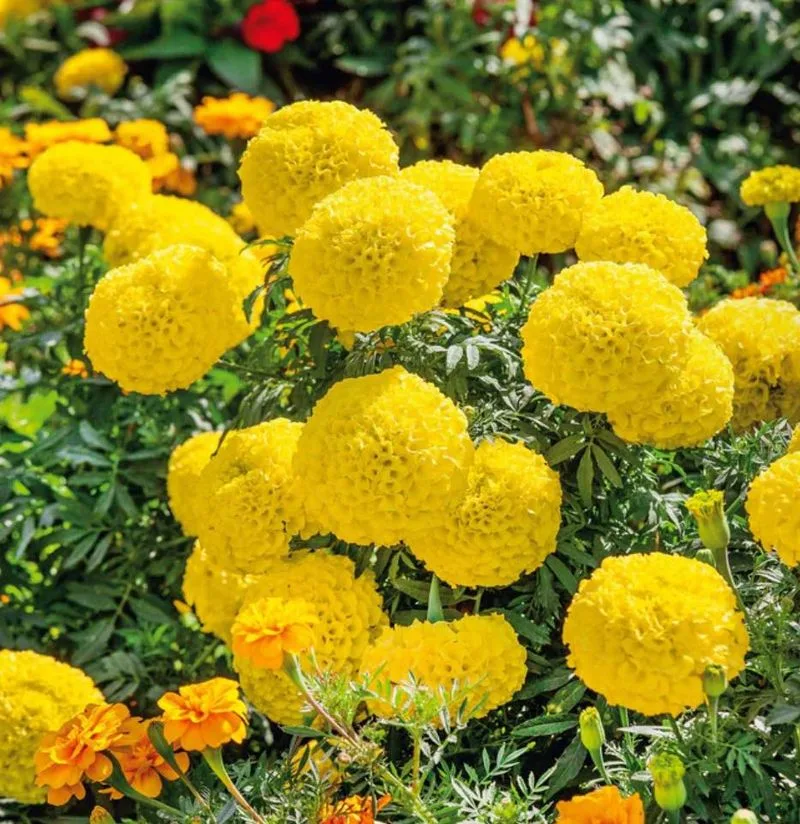
Bursting with vibrant colors, marigolds are not just a feast for the eyes but also a nuisance to garden pests. The distinct smell of marigolds is enough to send cats, dogs, and deer turning away. Easy to grow and maintain, they can be planted directly in the ground or in containers. Marigolds are known to deter insects as well, making them a multifunctional addition to any garden. Historically, they’ve been used in companion planting to protect crops, showcasing their value through centuries of cultivation.
Catnip
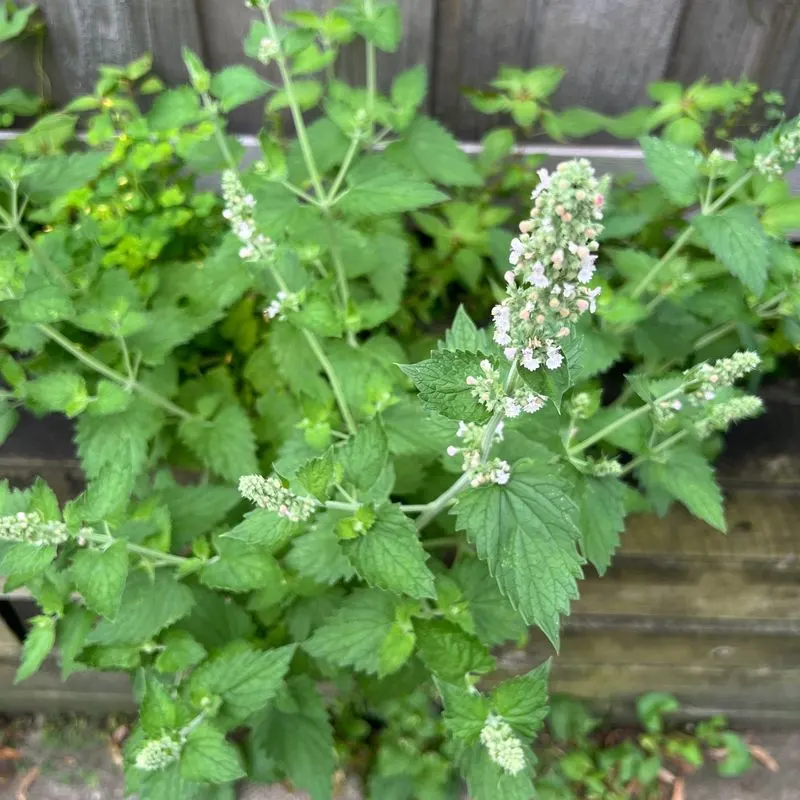
Ironically, while catnip might attract feline friends, it sends deer and dogs running in the opposite direction. This herb’s potent scent is irresistible to cats but deters other animals from approaching. Catnip grows effortlessly in most conditions, requiring minimal maintenance while offering maximum impact. Its small, white blooms and fragrant leaves make it a subtle yet effective plant in your deterrent arsenal. Known for its intoxicating effect on cats, the plant’s history is rich with anecdotes of playful antics and feline frolics.
Mint
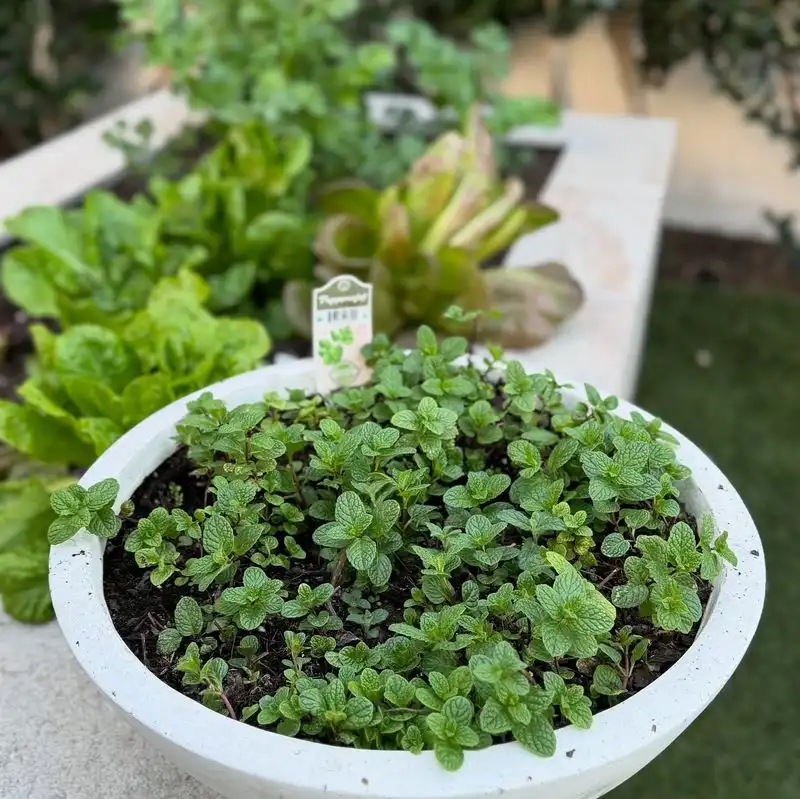
With an invigorating aroma that humans love, mint surprisingly repels many animals. Cats, dogs, and deer prefer to steer clear of this refreshing scent. Mint is simple to cultivate but should be contained, as it spreads quickly. Use pots or dedicate a garden section solely to mint to keep it in check. This herb not only keeps unwanted visitors at bay but also provides fresh leaves for teas and cooking. Its historical use in herbal remedies highlights its enduring popularity across cultures and gardens worldwide.
Sage
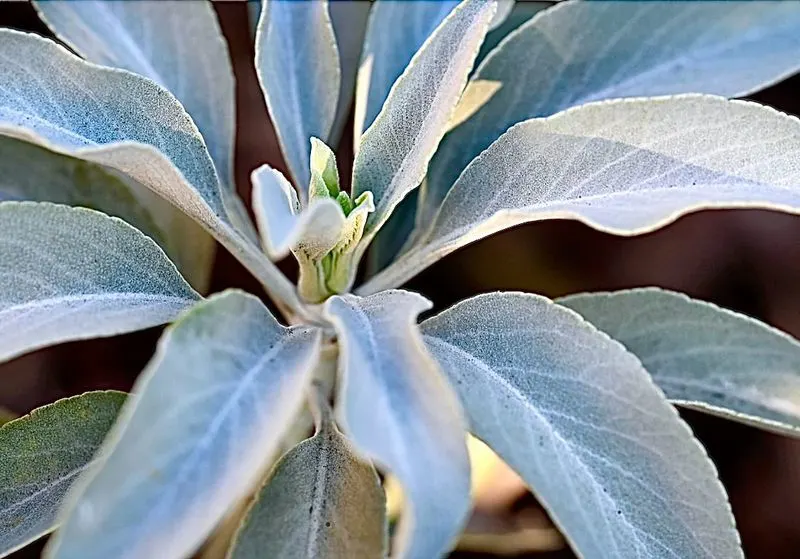
Known for its earthy aroma, sage doubles as a culinary herb and a natural animal repellent. Its strong scent dissuades cats, dogs, and deer from making a meal of your garden. Sage requires little maintenance and thrives in full sun, making it ideal for dry, sunny locations. Beyond its practical uses, sage’s historical significance in medicine and cooking underscores its versatility. By integrating sage into your garden, you not only benefit from a pest deterrent but also a flavorful herb for culinary exploration.
Oregano
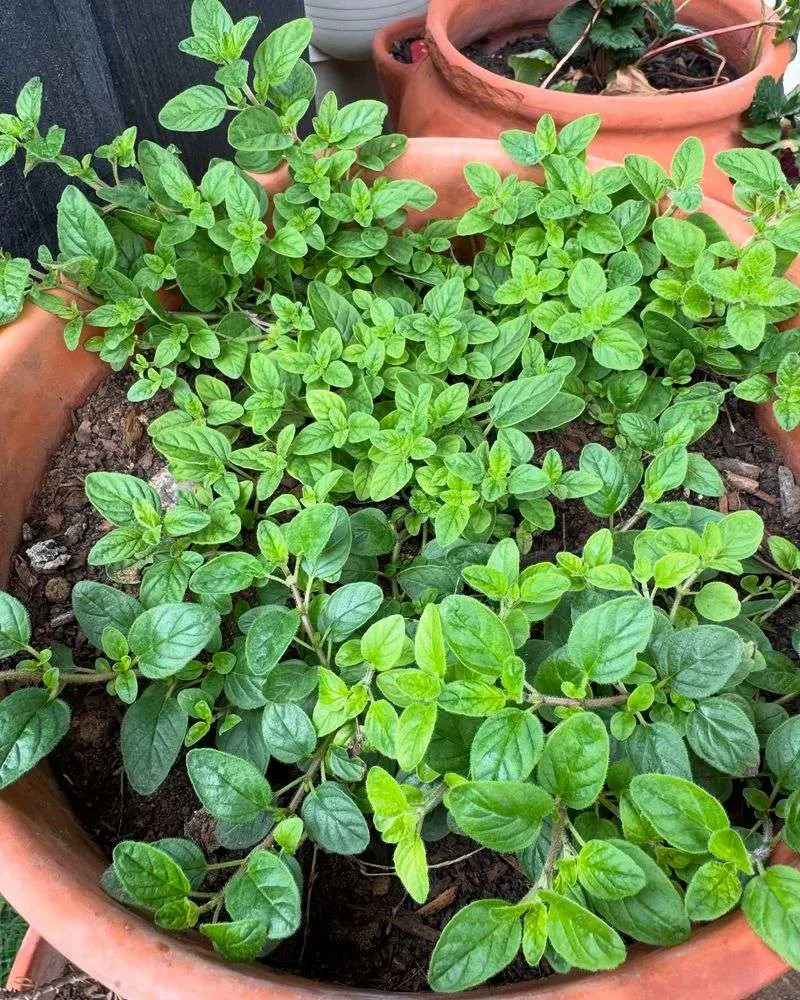
Oregano’s pungent fragrance is a natural deterrent to garden invaders like cats, dogs, and deer. This hardy perennial is not only a staple in Mediterranean cuisine but also an effective guardian for your garden. It flourishes in well-drained soil and can handle full sun, making it suitable for various climates. Oregano’s small, purple flowers add a decorative touch, while its leaves can be harvested for culinary use. Historically revered for its medicinal properties, oregano continues to be a practical choice for gardeners seeking beauty and functionality.

